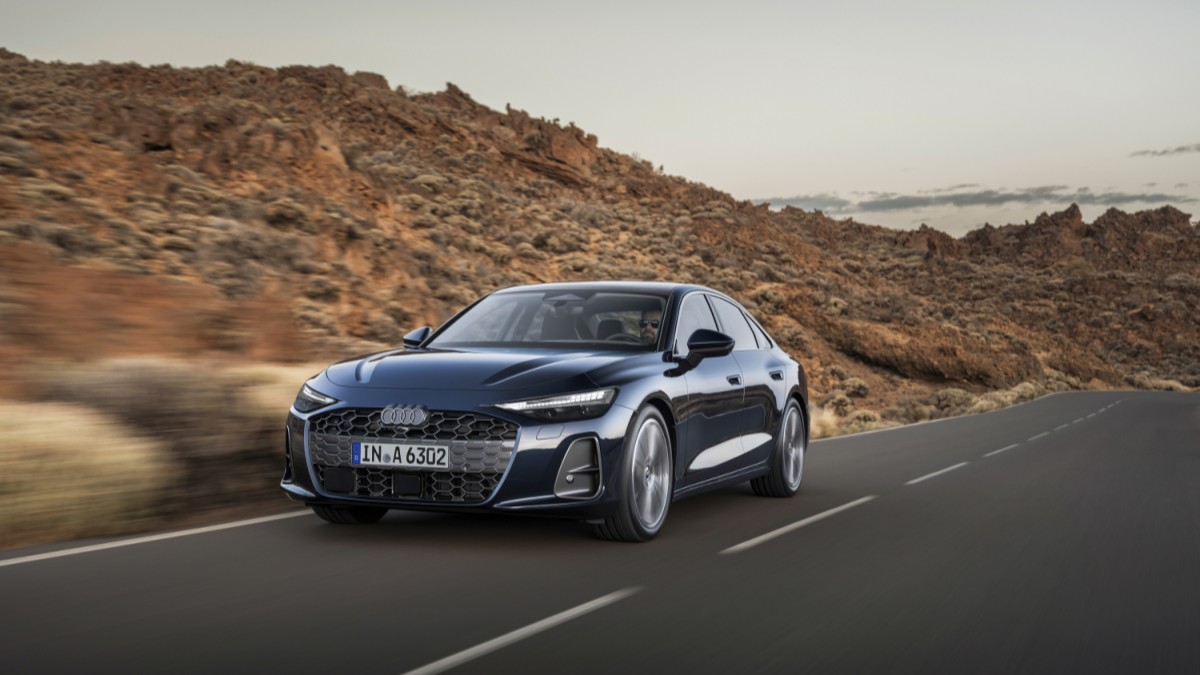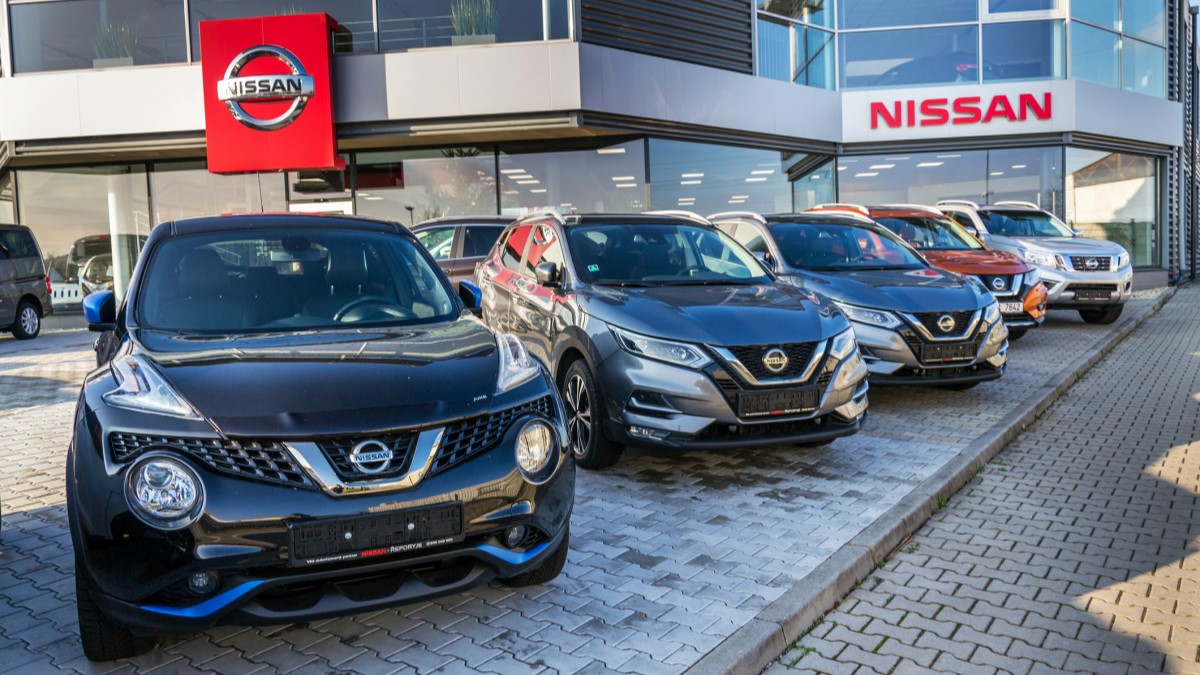
Case in point — Russia’s invasion of Ukraine has stopped production of some cars in Germany, and has automakers on other continents searching for new suppliers.
Porsche Pauses Panamera, Macan Factory
The latest company to shutter some production due to the war is Porsche. The German automaker has paused construction of its Macan compact SUV and Panamera sport sedan because supplies of parts built in Ukraine have halted.
“Supply chains for the Porsche plants are affected,” a company spokesperson tells KBB. That “means that orderly production will soon no longer be possible. In Leipzig, we were forced to suspend production from Wednesday afternoon (March 2), initially until the end of next week.”
The Leipzig plant builds the Macan and Panamera.
Other Factories Running… For Now
The company’s original factory in Zuffenhausen, Stuttgart — the famous one where you can pick up your new 911 in person and tour through the Porsche museum — is operating normally this week. But, the spokesperson tells us, the war necessitates a fluid response. “In the coming days and weeks we will operate on a short-term basis and continuously reassess the situation.”
Porsche has donated more than $1 million for Ukrainian relief this week. Volkswagen has done the same — and has halted construction of its ID.4 electric vehicle due to lack of parts.
BMW, meanwhile, hasn’t stopped any production yet but says it may have to. “Due to supply bottlenecks, interruptions to our production will occur,” says a BMW spokesperson.
Ukraine Builds a Lot of Wiring Harnesses
The problem, in most cases, is wiring harnesses.
Cars contain a lot of wires. Unspool all the wire in a modern car and lay it end-to-end, and the result might stretch more than 3 miles.
Much of that wiring is made in Ukraine. According to a 2020 analysis by the data consultants at Alix Partners, at least 7% of all automotive harnesses come from Ukraine. They may carry German, American, or Japanese names. But the factories and workers that make them are Ukrainian.
Moving Production Takes Time
As anyone who’s done work on their own car knows, one harness can’t substitute for another. Each is specifically designed for the role it plays.
So, an automaker could obtain the wiring harnesses it needs from a supplier outside Ukraine. But they’d first need to negotiate new contracts, provide designs, and wait for the factory to have capacity to build them. But those factories are already running at full capacity.
Wiring harnesses may not be the new microchips — building new capacity to produce more harnesses is likely a simpler affair than the complex, years-long operation of setting up a new chip factory. But lack of wires may drive up car prices in the short term, while the auto parts industry works to move production outside Ukraine and catch up on a backlog of needed harnesses.







